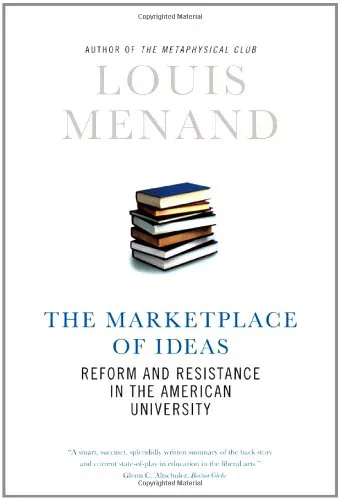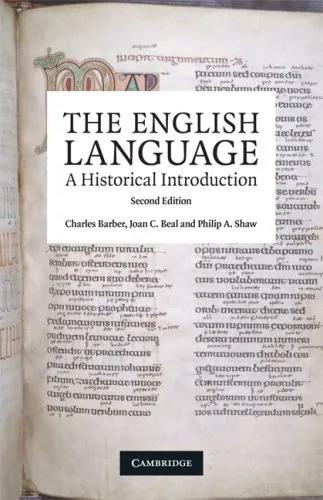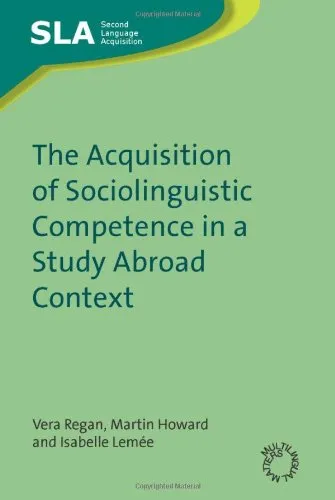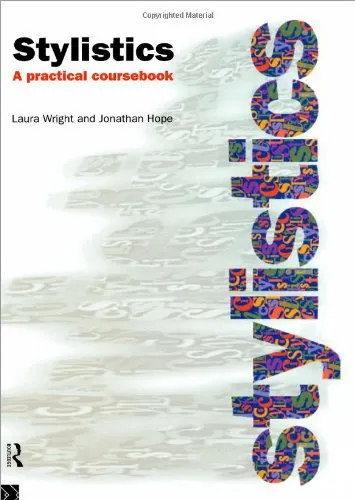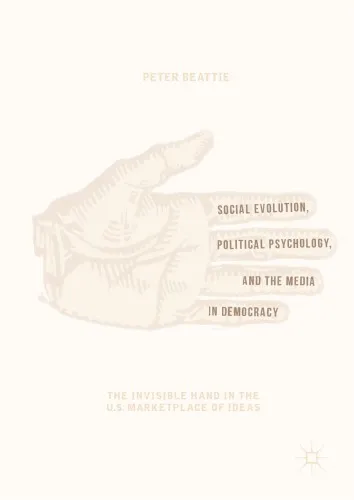The Marketplace of Ideas: Reform and Resistance in the American University (Issues of Our Time)
4.1
Reviews from our users

You Can Ask your questions from this book's AI after Login
Each download or ask from book AI costs 2 points. To earn more free points, please visit the Points Guide Page and complete some valuable actions.Related Refrences:
Introduction
The American university system stands as one of the most revered institutions in modern society, heralded for its ability to create knowledge, foster critical thought, and produce innovative solutions to the challenges of the world. However, the contemporary university also finds itself at a crossroads—struggling to reconcile its historical foundations with the growing demands of the 21st century. In The Marketplace of Ideas: Reform and Resistance in the American University, I, Louis Menand, delve deeply into the structure, culture, and crises of academic life, examining both its remarkable achievements and the entrenched challenges within this evolving space.
Through a critical yet balanced lens, the book explores the intellectual ideas and institutional norms that shape the American higher education system. It probes into why innovation within academia often meets resistance, where reform efforts succeed or fail, and how the ideas that dominate universities are both reflective of and isolated from broader societal patterns. By unraveling these themes, I aim to ignite meaningful discussion about how universities can adapt while preserving their critical mission of educating future generations.
Detailed Summary of the Book
At its core, The Marketplace of Ideas examines four key questions that lie at the heart of discussions about higher education today. These include:
- The challenges of curricular reform and why it is often so difficult.
- The rationale and consequences of academic specialization and its impact on intellectual collaboration.
- The relationship between the liberal arts and professional education in shaping the goals of universities.
- The historical and ongoing struggles that the tenure system creates for academia as both a workplace and a research incubator.
Through these questions, I analyze how the American academic system developed its current structures and what forces have shaped it over time, particularly since the mid-20th century. By tracing the historical roots of academic professionalization, examining the rise of disciplinary silos, and questioning the changing purposes of education, this book illustrates the paradoxes that define modern universities. Despite being pillars of progress, higher education institutions often cling tightly to historical traditions that limit their ability to innovate or reform effectively. These practical and philosophical tensions, when combined, result in an academic culture resistant to change, even in the face of existential pressures.
Key Takeaways
Here are some of the most important insights from The Marketplace of Ideas:
- Curricular reform is a slow and politically fraught process: Universities rarely adopt sweeping changes to undergraduate or graduate programs due to entrenched institutional cultures and competing interests among faculty members.
- The rise of specialization narrows intellectual engagement: While specialization has allowed for tremendous depth of knowledge, it has also fostered academic silos that hinder cross-disciplinary collaboration and comprehensive problem-solving.
- The liberal arts remain vital but contested: While advocates argue for the inherent value of a liberal arts education, the rise of professional programs and market-driven approaches to education have often placed this tradition under threat.
- The tenure system is both a safeguard and a stumbling block: While tenure protects academic freedom, it also resists meaningful reform and creates a paradoxical rigidity in an otherwise dynamic intellectual space.
Famous Quotes from the Book
Here are a few thought-provoking quotes from The Marketplace of Ideas:
"Universities produce knowledge, but universities are also organizations, and the way they are organized affects the way they produce knowledge."
"The problem with reform is not the lack of good ideas but the resistance to abandoning old ones."
"Specialization has made expertise more profound, but it has also made the university a collection of isolated domains."
Why This Book Matters
Higher education plays a critical role not just in individual lives but also in shaping public policy, economic development, and cultural values. By critically examining the American university system, The Marketplace of Ideas illuminates the often-overlooked structural and cultural barriers to reform within institutions of higher learning. These discussions matter greatly today, as universities grapple with diminishing funding, rising calls for diversification, and the increasing need to adapt to technological innovation and global interconnectedness.
Readers—whether educators, administrators, students, or policymakers—will find this book an invaluable resource for understanding why universities operate the way they do and how they might evolve in the face of both internal and external challenges. At its heart, this book argues that while universities face immense resistance to change, they retain their potential to transform society by fostering critical thought, intellectual collaboration, and innovation. These values are worth defending, and this book provides the intellectual framework for doing so.
Free Direct Download
You Can Download this book after Login
Accessing books through legal platforms and public libraries not only supports the rights of authors and publishers but also contributes to the sustainability of reading culture. Before downloading, please take a moment to consider these options.
Find this book on other platforms:
WorldCat helps you find books in libraries worldwide.
See ratings, reviews, and discussions on Goodreads.
Find and buy rare or used books on AbeBooks.
1454
بازدید4.1
امتیاز0
نظر98%
رضایتReviews:
4.1
Based on 0 users review
Questions & Answers
Ask questions about this book or help others by answering
No questions yet. Be the first to ask!
